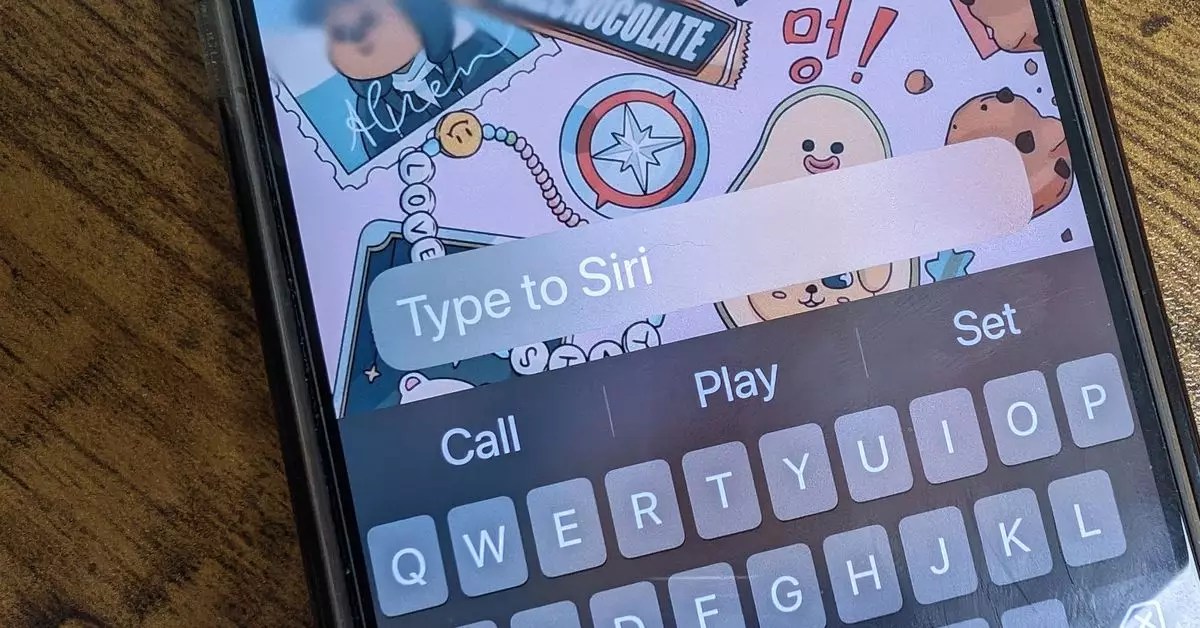As a senior reporter with experience in wearables and health tech, I have noticed a common issue with AI gadgets – the insistence on using voice commands. While it may be convenient to say “hey” to Google, Alexa, Siri, Meta, or Bixby in the comfort of our own homes, doing so in public can feel awkward and self-conscious. My friends and family rarely use their phone’s assistants when we are together, and never in public settings. The recent announcement by Apple that iOS 18 will allow users to type to Siri instead of relying solely on voice commands is a step in the right direction. This feature will not only enhance privacy but also improve the overall user experience.
The ability to type commands to Siri brings a host of benefits that make it a more practical and user-friendly option. While digital assistants have improved in understanding voice commands, interacting with them naturally can still be a challenge. At home, users may find themselves altering their tone and pitch when speaking to AI assistants, leading to self-consciousness and frustration. In public settings, background noise can further impede communication with AI gadgets, causing embarrassment and annoyance.
Typing to Siri offers a greater degree of privacy, allowing users to keep their interactions with their devices discreet. Whether playing a song, setting a timer, or sending a text, typing commands ensures that personal information remains private. This level of discretion is particularly crucial in public settings where others may overhear conversations or commands spoken aloud. By typing queries instead of voicing them, users can maintain a sense of confidentiality and control over their interactions with AI assistants.
While voice commands may be necessary in certain situations, such as when hands-free operation is essential, offering multiple interaction methods with AI assistants is key to accommodating diverse user preferences. By allowing users to type to Siri, Apple is enabling a more seamless integration of AI technology into everyday life. Rather than imposing a singular way of interacting with gadgets, this approach acknowledges and respects individual comfort levels and preferences.
As technology continues to evolve, it is essential to consider how AI assistants can best serve users in a variety of environments. While the idea of conversing with a chatbot in public may become more normalized in the future, for many people, typing to Siri remains a preferred method of interaction. By providing choices in how users can engage with AI assistants, tech companies can cater to a wider audience and enhance the overall user experience. So, until the day comes when talking to a chatbot in public is the norm, I will happily continue typing to Siri.


Leave a Reply